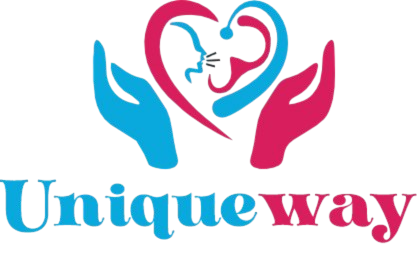Autism

Autism
1. What is autism?
Autism, or autism spectrum disorder (ASD), is a neurodevelopmental condition characterized by difficulties in social interaction, communication, and the presence of restricted and repetitive patterns of behavior or interests.
2. What are the early signs of autism?
Early signs of autism may include delayed speech or lack of speech, difficulty with social interactions, repetitive behaviors, and intense focus on specific interests. Some children may also avoid eye contact and have trouble understanding nonverbal cues.
3. Is there a known cause of autism?
The exact cause of autism is not yet fully understood, but research suggests that it is caused by a combination of genetic and environmental factors. While no single cause has been identified, certain risk factors like having a family history of autism may increase the likelihood.
4. How is autism diagnosed?
Autism is typically diagnosed through behavioral observation and developmental history. A team of professionals, including pediatricians, psychologists, and speech therapists, usually conduct the assessment. The diagnosis is often made in early childhood but can occur later in life as well.
5. Are there different types of autism?
Autism is considered a spectrum disorder, meaning individuals with autism may experience a wide range of symptoms and severity. It includes conditions like Asperger’s syndrome, which involves milder symptoms of social difficulty and communication challenges without intellectual disability.
6. What treatments are available for autism?
While there is no cure for autism, early intervention through therapies can help. These may include behavioral therapy, speech therapy, occupational therapy, and educational support. Medications may be prescribed to address specific symptoms like anxiety or hyperactivity.
7. Can autism be outgrown?
Autism is a lifelong condition, but early intervention can help individuals develop skills that improve communication and social interactions. Many people with autism learn coping strategies that make their symptoms less pronounced as they grow older.
8. Are vaccines linked to autism?
No, extensive scientific research has shown that there is no link between vaccines and the development of autism. The misconception arose from a discredited study that has since been thoroughly debunked.
9. How can I support someone with autism?
Support for individuals with autism involves understanding and acceptance. Tailoring communication to their needs, providing structure, and being mindful of their sensory sensitivities can make a big difference in their daily lives.
10. What resources are available for individuals with autism and their families?
There are many organizations that offer support, including Autism Speaks, the Autism Society, and local advocacy groups. These organizations provide information, support, and educational resources, along with access to therapeutic services.
